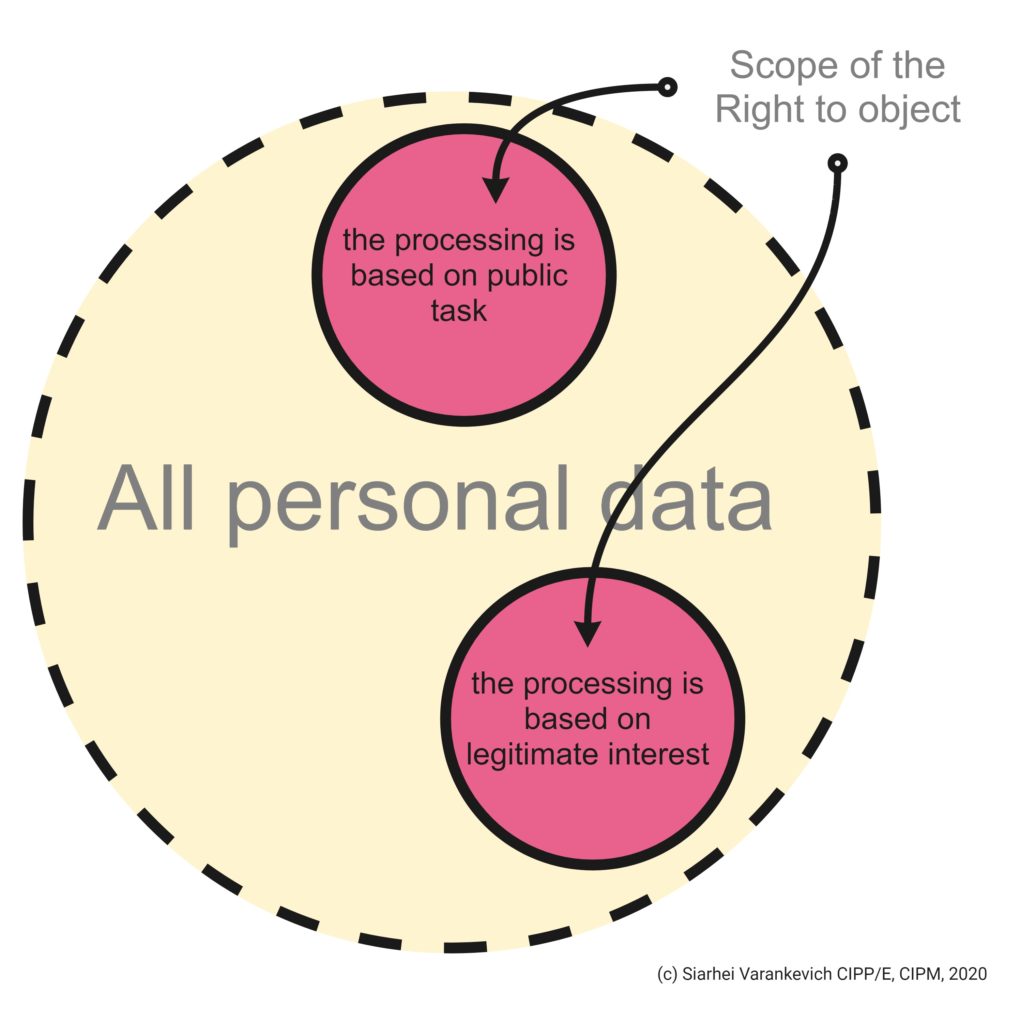(69) Nawet jeżeli dane osobowe mogą być przetwarzane zgodnie z prawem, gdy przetwarzanie jest niezbędne do wykonania zadania realizowanego w interesie publicznym lub w ramach sprawowania władzy publicznej powierzonej administratorowi lub ze względu na prawnie uzasadnione interesy administratora lub strony trzeciej, każdej osobie, której dane dotyczą, powinno przysługiwać prawo sprzeciwu wobec przetwarzania danych osobowych dotyczących jej szczególnej sytuacji. Za wykazanie, że ważne prawnie uzasadnione interesy administratora mają nadrzędny charakter wobec interesów lub podstawowych praw i wolności osoby, której dane dotyczą, powinien odpowiadać administrator.
(69) Where personal data might lawfully be processed because processing is necessary for the performance of a task carried out in the public interest or in the exercise of official authority vested in the controller, or on grounds of the legitimate interests of a controller or a third party, a data subject should, nevertheless, be entitled to object to the processing of any personal data relating to his or her particular situation. It should be for the controller to demonstrate that its compelling legitimate interest overrides the interests or the fundamental rights and freedoms of the data subject.






(EN)